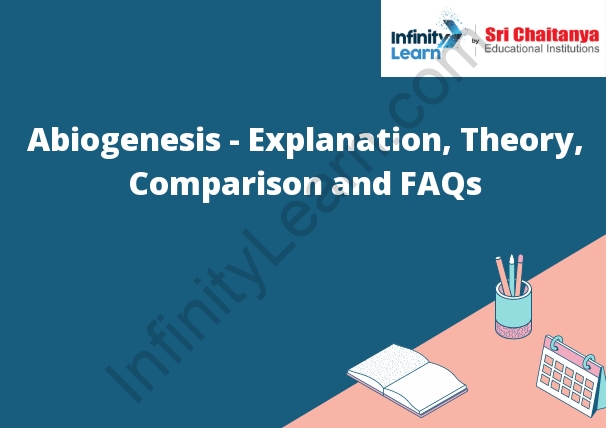Table of Contents
What is Abiogenesis?
Abiogenesis – Explanation: Abiogenesis is the natural process of life arising from non-living matter. The term was coined in 1871 by the Russian biologist Konstantin Mereschkowski. The process has also been referred to as spontaneous generation.
The theory of biogenesis holds that life can only come from preexisting life. This is the currently accepted view of life’s origins.
The two processes are compared in the following table.
- Feature
- Biogenesis
- Abiogenesis

What is Abiogenesis Theory and Why is it Important?
The abiogenesis theory is the scientific theory that life originated from non-living matter. It is important because it provides a scientific explanation for the origins of life. Abiogenesis is the scientific study of the origin of life from inanimate matter. It is the process by which life arises from non-living matter, such as simple organic molecules. The theory of abiogenesis is important because it seeks to explain how life began on Earth.
Abiogenesis Theory- Experimental Basis
- The abiogenesis theory is the scientific theory that life arises from non-living matter. It is also referred to as biopoiesis or spontaneous generation. The theory has been around for centuries, but it was not until the 1850s that Louis Pasteur provided experimental evidence that disproved the theory.
- Despite Pasteur’s experiments, the abiogenesis theory remained popular for many years. It was not until the 1950s that scientists developed the theory of evolution, which provided a scientific explanation for the origin of life. The abiogenesis theory is no longer considered a scientific theory, but it is still taught in some schools as a historical curiosity.
- The abiogenesis theory is the scientific theory that states that life arose from non-living matter. The theory has been around for centuries, but was not developed until the 1800s. There are several different hypotheses about how life began, but the most popular theory is the one that states that life began with simple molecules that formed self-replicating polymers. These polymers then evolved into the first living cells. There is still much research that needs to be done in order to prove this theory, but there is evidence that suggests that it could be true.







